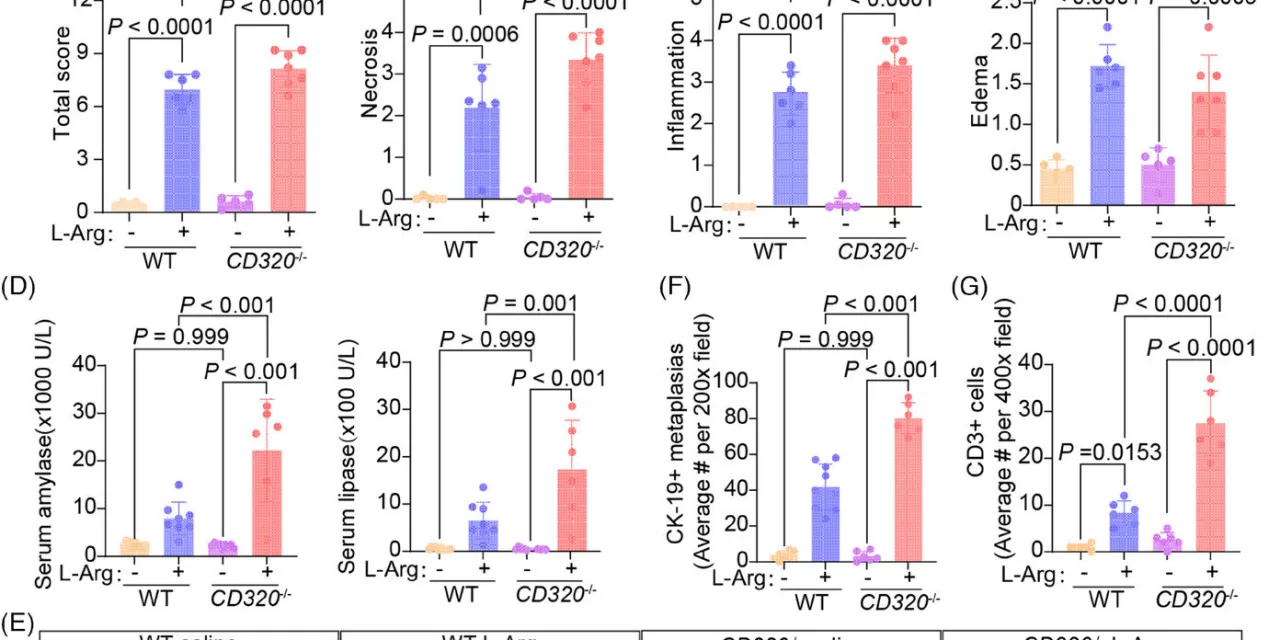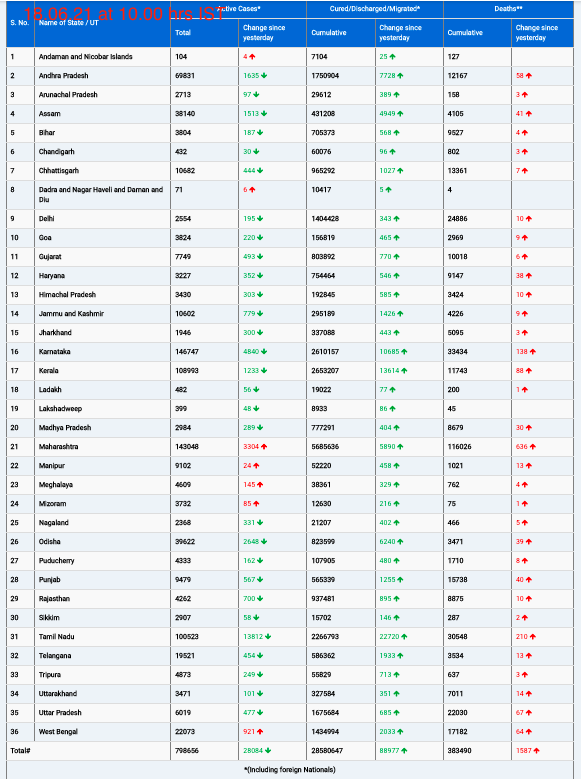Researchers have identified vitamin B12 as a promising therapeutic agent in the prevention and treatment of acute pancreatitis (AP), a condition that remains a leading cause of hospital admissions for gastrointestinal diseases globally. Acute pancreatitis, which can affect individuals of all ages, has a severe impact on patients’ health, with up to 20% of cases progressing to moderate or severe stages. These severe cases carry high mortality and disability risks, and even those who recover often face lifelong complications that significantly diminish their quality of life.
Despite advances in medical research, the treatment landscape for acute pancreatitis remains unclear, particularly in the search for pharmacological agents capable of inhibiting early organ injury in the pancreas. This knowledge gap prompted a groundbreaking study, led by Dr. Chuanwen Fan from Sichuan University and Linköping University, under the supervision of Prof. Dr. Xianming Mo from the West China Center of Excellence for Pancreatitis, to explore the role of vitamin B12 in mitigating the effects of acute pancreatitis.
A Comprehensive Research Approach
The team utilized human genetic epidemiology and animal models to examine the potential of vitamin B12 as a therapeutic agent. Through meta-analyses of genome-wide association studies (GWAS), which included the largest genetic datasets on pancreatitis to date, the researchers identified a strong correlation between elevated serum vitamin B12 levels and a reduced risk of developing various forms of pancreatitis.
Their next step involved investigating these findings in animal models. Using CD320 knockout mice, which are genetically deficient in the absorption of vitamin B12, the researchers conducted experiments to observe the early pancreatic injury responses and the progression of acute pancreatitis. The results revealed that vitamin B12 plays a direct role in protecting pancreatic acinar cells from necrosis during the early stages of acute pancreatitis, while also reducing the infiltration of T lymphocytes, which are associated with inflammation.
Vitamin B12’s Novel Mechanism of Action
One of the most significant discoveries from the study was vitamin B12’s mechanism in protecting pancreatic tissue. Contrary to previous assumptions that its benefits were tied to homocysteine or glutathione (GSH) pathways, vitamin B12 was found to enhance ATP production in the pancreas. This improved cellular energy supply helps to reduce acinar cell necrosis, thus preventing the progression of the disease.
Furthermore, the study showed that artificially increasing serum B12 levels both before and after pancreatitis onset significantly reduced the severity of the condition and promoted tissue repair. The supplementation of ATP in CD320-deficient mice also alleviated pancreatic damage, further solidifying the hypothesis that the therapeutic effects of vitamin B12 stem from its ability to boost ATP production rather than through traditional oxidative stress mechanisms.
Implications for Future Therapeutic Strategies
“These exciting new findings add to the growing evidence that vitamin B12 can reduce the severity of acute pancreatitis by increasing ATP levels in pancreatic tissue,” said Prof. Mo, the study’s senior author. “This study lays a robust foundation for future clinical applications of vitamin B12 in managing acute pancreatitis.”
With these groundbreaking insights, the research opens up new avenues for the development of therapeutic strategies targeting ATP production in the pancreas. Given the current lack of effective pharmacological treatments for acute pancreatitis, vitamin B12 could offer a novel and accessible option to reduce disease severity and improve patient outcomes.
Looking Ahead
As the medical community continues to search for ways to improve the treatment and management of acute pancreatitis, the role of vitamin B12 represents a significant advancement. The findings offer a hopeful prospect for patients and healthcare providers alike, with the potential for vitamin B12 to become a key component in the therapeutic toolkit against this devastating condition.
For further reading on this research, the study by Yulin Chen and colleagues, titled Vitamin B12 protects necrosis of acinar cells in pancreatic tissues with acute pancreatitis, has been published in MedComm (2024).
DOI: 10.1002/mco2.686











